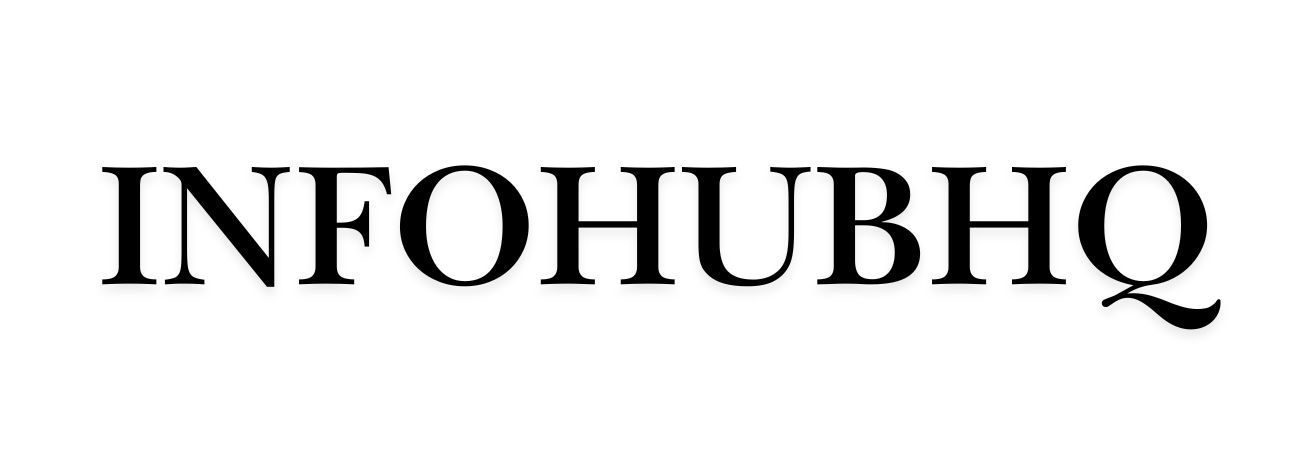Introduction: Understanding the Importance of Car Resale Value
When it comes to selling a car, maximizing its resale value can significantly impact your financial return. A higher resale value not only means more money in your pocket but also reflects the care and attention you have given your vehicle over the years. This article explores various strategies and tips to increase your car’s resale value, ensuring you get the most out of your investment.
Regular Maintenance: The Backbone of Resale Value
One of the most effective ways to maintain and increase your car’s resale value is through regular maintenance. Consistent upkeep not only ensures the vehicle runs smoothly but also signals to potential buyers that the car has been well cared for. Here are some key maintenance practices to follow:
- Scheduled Services: Adhere to the manufacturer’s recommended service schedule. Routine check-ups, such as oil changes, tire rotations, and brake inspections, can prevent major issues down the line.
- Keep Records: Maintain a detailed log of all services and repairs. This documentation can be a valuable asset during negotiations, as it provides proof of the car’s condition and care.
- Address Issues Promptly: Fix any mechanical or cosmetic issues as soon as they arise. Ignoring small problems can lead to more significant issues, which can negatively affect resale value.
By prioritizing regular maintenance, you not only extend the lifespan of your vehicle but also boost its appeal to future buyers.
Enhancing Aesthetic Appeal: First Impressions Matter
The visual condition of your car plays a crucial role in its resale value. A well-maintained exterior and interior can make a significant difference in how potential buyers perceive your vehicle. Consider the following tips to enhance your car’s aesthetic appeal:
- Regular Cleaning: Keep your car clean both inside and out. Regular washing and waxing can protect the paint and prevent rust. Vacuum the interior and clean the upholstery to maintain a fresh appearance.
- Repair Cosmetic Damage: Fix any dents, scratches, or chips on the exterior. These small imperfections can detract from the car’s overall appearance and lower its value.
- Upgrade Features: Consider adding or updating features that enhance comfort and convenience, such as a modern infotainment system or new seat covers. These updates can make your car more attractive to buyers.
By focusing on the aesthetic aspects of your car, you can create a positive first impression that resonates with potential buyers, thereby increasing its resale value.
Market Timing and Research: Knowing When and How to Sell
The timing of your car sale can significantly impact its resale value. Understanding market trends and buyer demand can help you make informed decisions about when to sell. Here are some strategies to consider:
- Research Market Trends: Monitor the automotive market to identify the best time to sell. Factors such as fuel prices, economic conditions, and seasonal demand can influence buyer interest and pricing.
- Choose the Right Season: Certain times of the year, such as spring and summer, typically see higher demand for cars, which can lead to better resale prices.
- Set a Competitive Price: Research similar vehicles in your area to determine a fair and competitive asking price. Pricing your car appropriately can attract more potential buyers and lead to a quicker sale.
By strategically timing your sale and conducting thorough market research, you can maximize your car’s resale value and ensure a successful transaction.
Conclusion: Securing the Best Return on Your Investment
Increasing your car’s resale value requires a combination of regular maintenance, aesthetic enhancements, and strategic market timing. By following these practical tips, you can ensure your vehicle remains in top condition and appeals to potential buyers. Ultimately, taking these steps will help you secure the best possible return on your investment when it’s time to sell your car.






